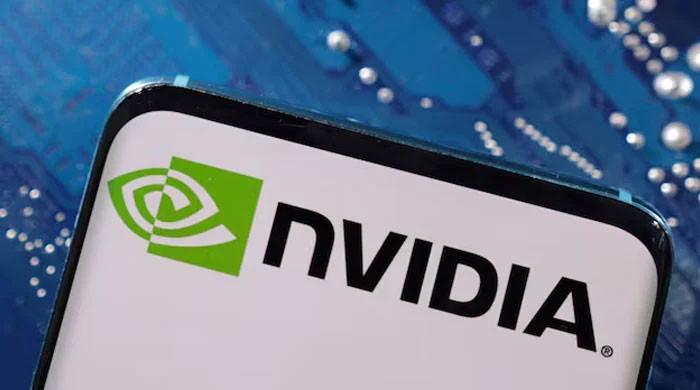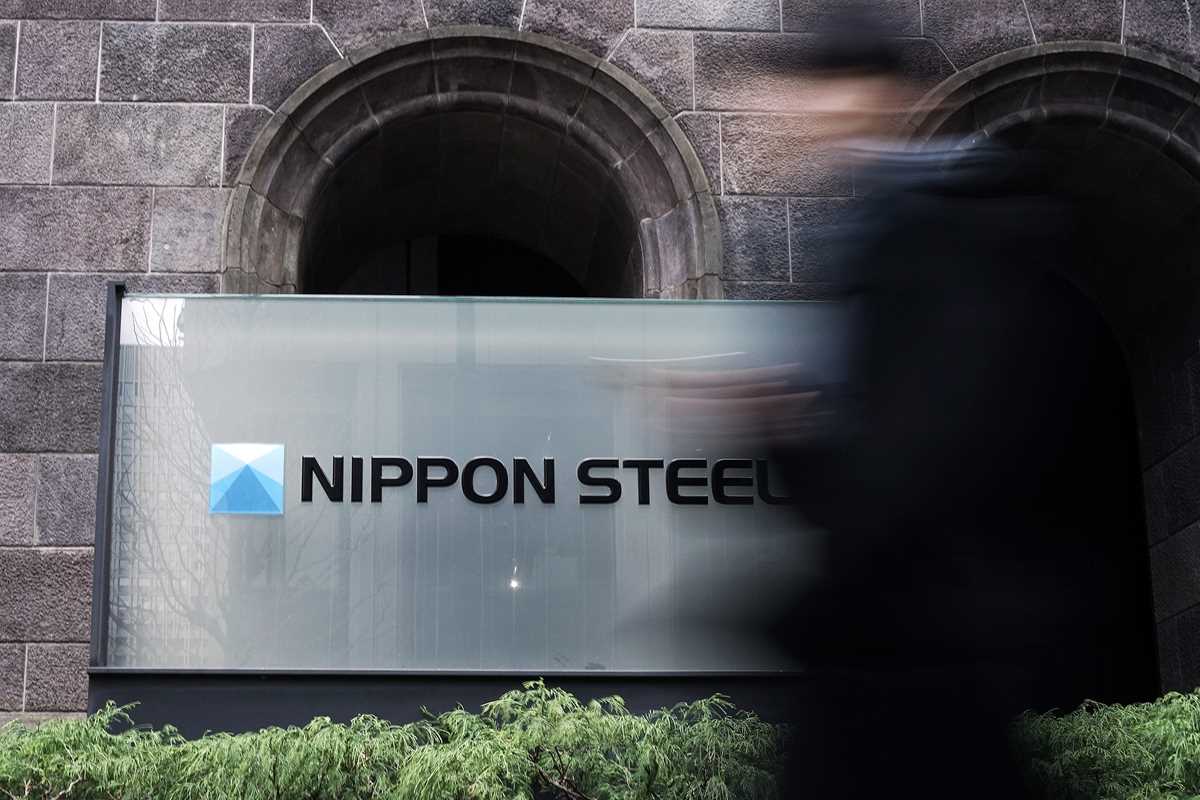Algeria's Snap Presidential Election Amid Apathy and Opposition
Algeria heads to unexpected elections with President Tebboune poised to maintain power despite widespread voter apathy and opposition criticism.
Published September 08, 2024 - 00:09am

Image recovered from washingtontimes.com
Algerians head to the polls Saturday to participate in a snap presidential election to determine the future governance of this North African nation. This election follows a tumultuous period highlighted by pro-democracy protests that led to the removal of President Abdelaziz Bouteflika after twenty years in power.
The election was initially scheduled for December but was brought forward, adding an element of unpredictability to the process. Despite the unexpected timing, expectations about the outcome seem predetermined. Incumbent President Abdelmadjid Tebboune, backed by the military, is widely anticipated to secure a second term.
Since the announcement of the snap election, there has been minimal suspense regarding the probable outcome. The larger question, as many political observers note, revolves around voter turnout. Previous elections were marred by boycotts and high abstention rates, casting doubt on the government's claims of popular support.
Polling places across Algeria opened at 8 a.m. and will close at 7 p.m., with over 24 million registered voters eligible to cast their ballots. Early statistics from the Independent National Election Authority reported a voter turnout of 4.56% just two hours after polls opened, reflecting a seemingly lukewarm response from the electorate.
Among the three presidential candidates, Tebboune, who is 78 years old, faces competition from Abdelali Hassani Cherif, the head of the Islamist Movement of Society for Peace, and Youcef Aouchiche of the Socialist Forces Front. Both opposition candidates have emphasized the need for voter participation, although their campaigns have generally refrained from overt criticism of Tebboune.
In a country grappling with economic challenges such as prolonged inflation and socio-political issues, many prospective voters express apathy towards the election. Middle school principal Noureddine Benchikh encapsulated the general sentiment by stating, How can you expect Algerians to have any interest in the elections when life is hell on a daily basis?
The apathy stands in stark contrast to the fervor of the Hirak movement that, in 2019, called for significant changes to Algeria's political landscape. Despite initial promises, Tebboune's government has faced criticism for failing to bring about the structural changes demanded by the protestors. Although some political prisoners were released, repression and arrests of activists and opposition figures have continued, leading some to describe the current election as a rubber-stamp exercise rather than a true democratic process.
Notable among those urging participation is Mohamed Larbaoui, Tebboune's Prime Minister, who emphasized the need for massive voter turnout to solidify Algeria's democratic processes. However, the broader sentiment among activists and international organizations remains skeptical. Figures like Hakim Addad, a former leader of the Hirak movement, have dismissed the election as a means to entrench the existing regime further.
Despite these challenges, election officials and candidates continue to advocate for public involvement. For instance, Cherif has focused on populist themes appealing to the youth, while Aouchiche has highlighted issues like human rights and political repression in his campaign, calling for a break from the entrenched political system.
Polling stations remained relatively empty through the morning and early afternoon, with officials hopeful that turnout would pick up later in the day. This pattern is consistent with previous elections, where voter participation often increased in the latter part of the day.
As Algeria stands on the brink of another presidential election, questions about the country's democratic future loom large. The election outcome may be predictable, but the critical issue remains the extent to which Algerians will engage in the process amidst economic hardship and political disillusionment.







